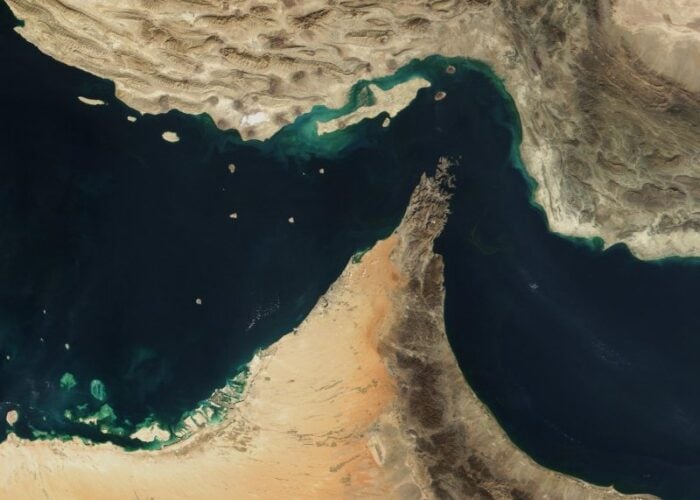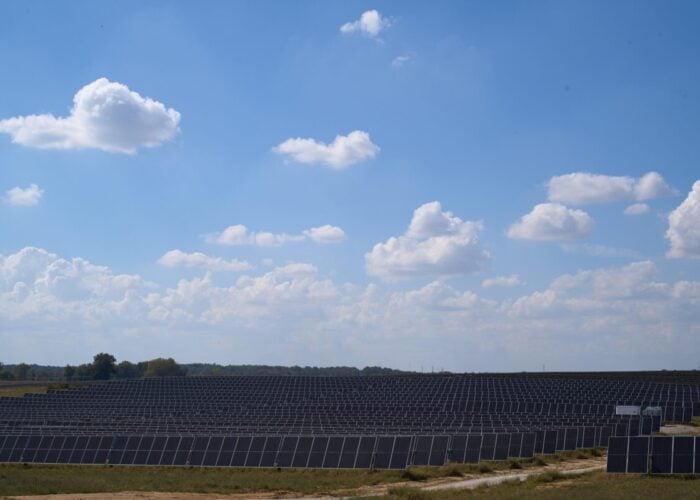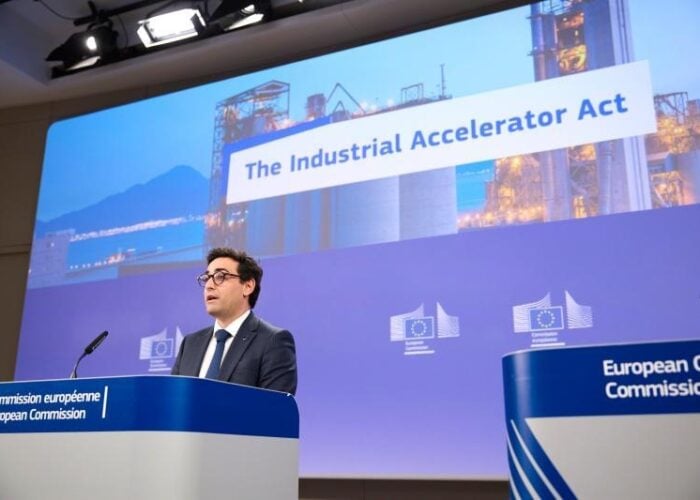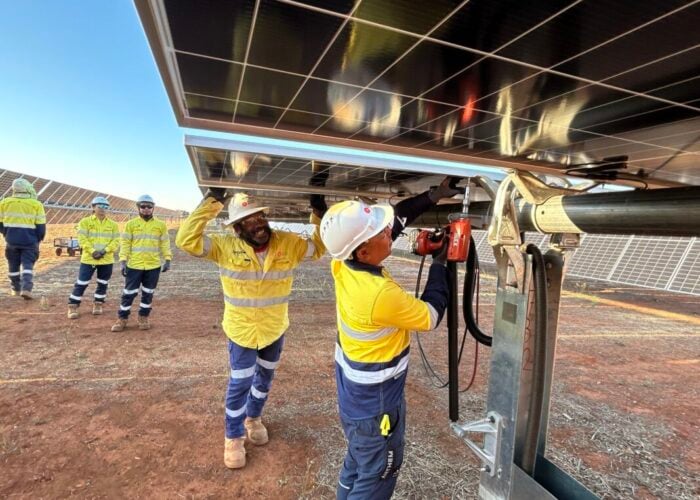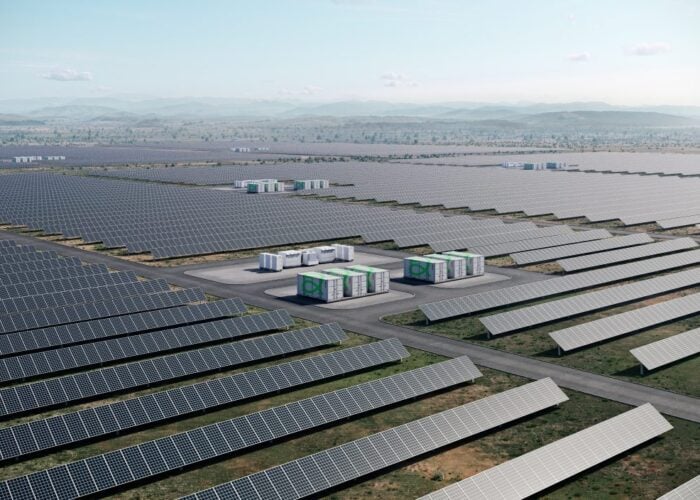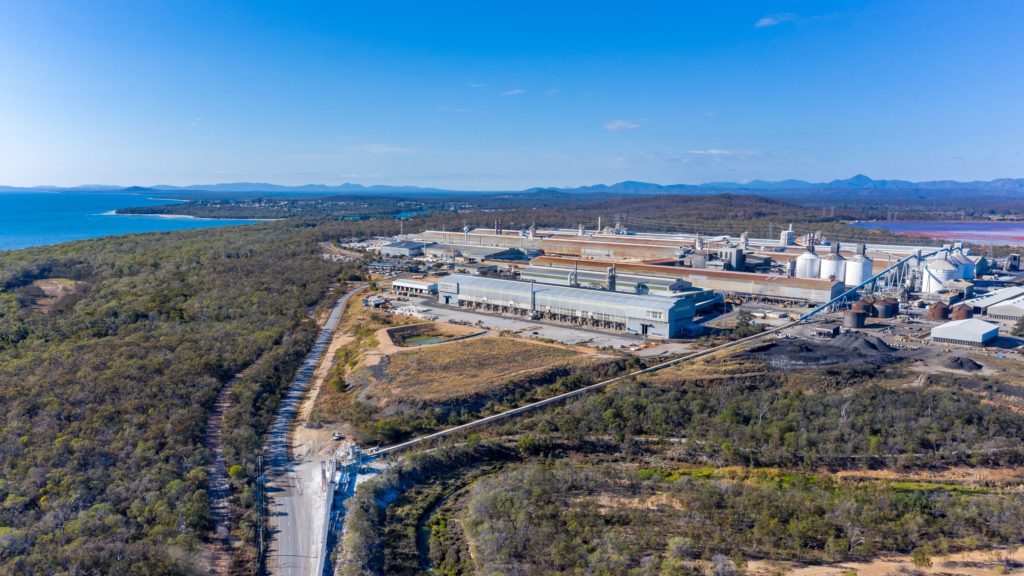
British-Australian multinational mining company Rio Tinto has announced a plan to build a 80MW solar PV plant to supply power to its company’s iron ore operations in the Pilbara region, Western Australia.
The solar PV plant will be built in collaboration with the Ngarluma Aboriginal Corporation. It will be located next to Rio Tinto’s existing Yurralyi Maya Power Station near Karratha.
Try Premium for just $1
- Full premium access for the first month at only $1
- Converts to an annual rate after 30 days unless cancelled
- Cancel anytime during the trial period
Premium Benefits
- Expert industry analysis and interviews
- Digital access to PV Tech Power journal
- Exclusive event discounts
Or get the full Premium subscription right away
Or continue reading this article for free
A feasibility study of the project is expected to be completed in early 2025, while the project will be operational in 2027.
Rio Tinto added that a total of 600MW-700MW of renewables will be required by 2030 to displace the majority of gas use across Rio Tinto’s Pilbara power network. Additional renewables will be required to support widespread fleet electrification, which is expected after 2030.
“Developments like this are about more than reducing emissions – they’re critical for economic opportunities and strengthening our connection with the Ngarluma People,” said Richard Cohen, managing director of rail, port and core services at Rio Tinto.
Earlier this month, Rio Tinto announced a plan to develop two 5.25MW solar farms in the Gove Peninsula of the Northern Territory, Australia. The solar farms will be developed in Gumatj and Rirratjingu country, both Aboriginal communities, on Rio Tinto leases. This is following agreements with the Gumatj and Rirratjingu Traditional Owner Groups.
Rio Tinto also signed a memorandum of understanding (MoU) with Aboriginal energy partnership the Yindjibarndi Energy Corporation (YEC) prior to the development of solar and wind projects in the Pilbara region. It added that the MOU will relate to some of the projects in the YEC’s Stage 1 plans for 750MW of combined solar, wind and battery storage projects.

